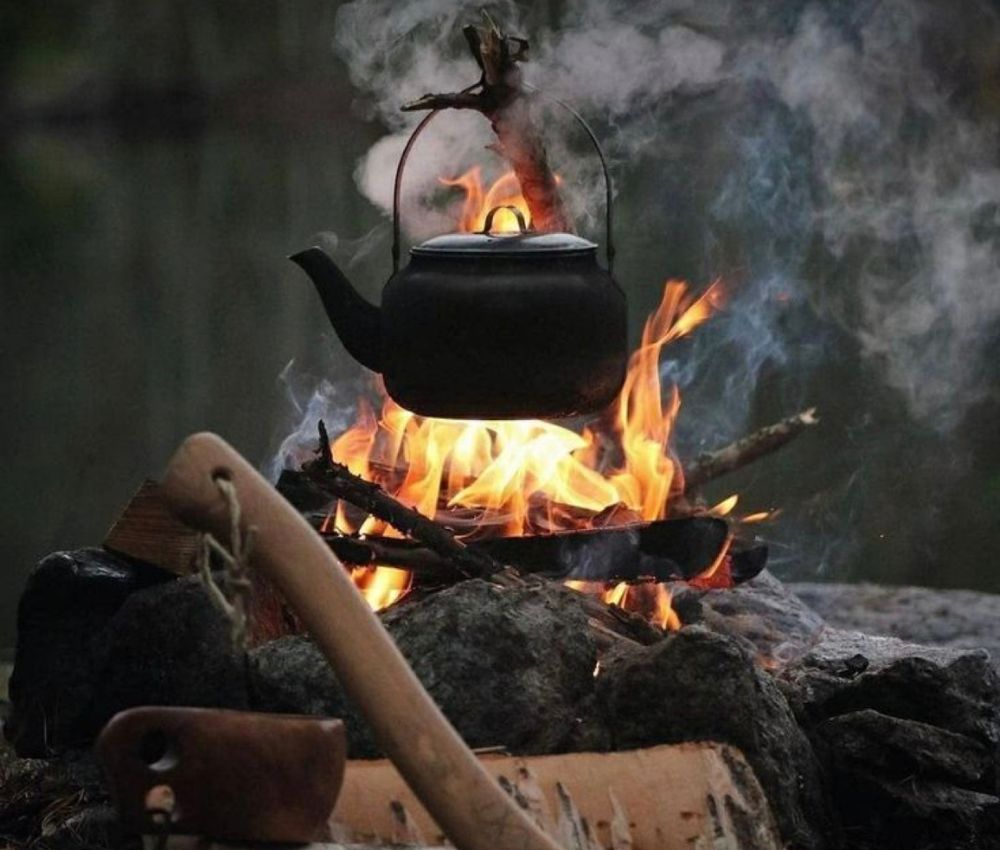Call it Out or Call it In

A fascinating discussion about the importance and implications of ‘Calling Out’ or ‘Calling In’ and Bringing Attention to a Problem, Issue or Questionable Behaviour.
Kia ora tātou,
Better late than never, this is a reflection of the cuppa session on Monday 24 July. We embarked on addressing a topic brought up by one of the participants, delving into another thought-provoking discussion.
A central theme to emerge was the role of facilitators in maintaining neutral ground while embracing the essence and spirit of people they‘re engaging with. The challenge of addressing sensitive topics like racism came to the forefront. The question posed was whether facilitators should "call it out" and/or "call it in" when confronting such behaviours during meetings.
For context, "Call it out" and "call it in" are phrases that are often used in different contexts, and their meanings can vary depending on the situation. Here's one explanation of each phrase:
Call it out: This phrase is typically used when someone identifies or brings attention to a problem, issue, or inappropriate behaviour, especially in a public or social setting. It can be used when you notice something wrong or unfair and feel the need to address it openly and directly. "Calling it out" is often associated with speaking up against injustice, discrimination, or unethical behaviour.
Call it in: This phrase is used in a different context, and its meaning is less common compared to "call it out." "Calling it in" can refer to reaching out to a specific group or individual privately to discuss an issue or concern rather than addressing it publicly. It involves seeking resolution or addressing a problem through internal channels, like talking to a trusted person or authority in a private and confidential manner.
In both cases, the concept involves acknowledging and dealing with a perceived issue. “Call it out" is more about addressing things openly and publicly, while "call it in" is about handling matters privately and through internal channels.
In this story, while a facilitator had decided to ‘call out’ an offensive/harmful comment, and it was dealt with publicly, by seeking more information from the person and attempting to address it, the same was not afforded to the target demographic of the comment. The dialogue revealed implications and repercussions on individuals, particularly for minorities.
As a facilitator herself, but she was also was on the receiving end of this remark, which was targeted toward her cultural demographic. She spoke of the need to empathise and understand the perspectives of those affected by harmful comments. At the same we talked about a burden for example, many Māori are asked to help teach, deal with or call out inappropriate comments and address racism, which is and can be a daunting thing to do.
While answers are not the things you can muster up in 20 minutes of yarning, the questions arising are helpful as tools when it comes to thinking about how we can be more culturally responsive in our practices.
- When is the right time to call it out or call it in?
- Whose role is it?
- What are the consequences?
- What are the considerations for those involved?
- How do we ensure harm is not caused in the process?
Another group member recounted confronting overt racism in their work environment and discussed the struggle of choosing the right approach. They shared a story of confronting racism head-on as leader of their organisation, and the consequence which led to severely strained relationships. In hindsight this person has learned over time the importance of maintaining the dignity and respect of everyone involved, even in moments of conflict.
Facilitating the role of keeping the mana, spirit, essence and dignity of both the offended and the offender intact, has been and is a fundamental goal of her own development moving forward.
As the discussion progressed, it became evident that the path to reconciliation and understanding is an ongoing process, rather than a definitive start or endpoint. The willingness to listen, reflect, and learn from each other's lived experiences was acknowledged as a vital step towards progress.
We extend our gratitude to all participants for their courage in sharing personal stories, perspectives, and insights. Your collective commitment to growth, empathy, and understanding inspires us all to keep exploring and learning together.
Mauriora,
The Walk Together Team

